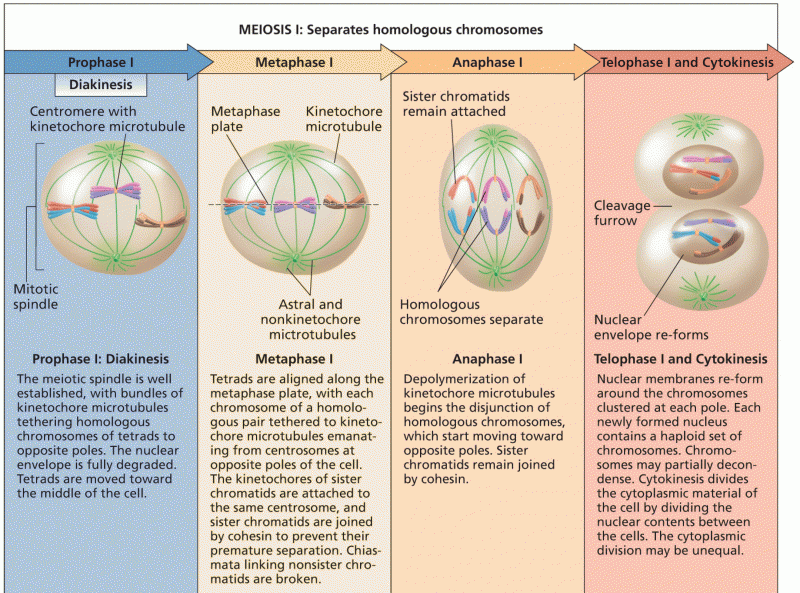Answer to Question 1
The primary stage is characterized by a sore called a chancre that appears at the point of infection within ten days to three months (with an average of three weeks) after exposure to the virus.
The secondary stage of syphilis occurs within a few weeks to up to six months of the initial infection. Secondary symptoms include low-grade fever, sore throat, fatigue, headache, alopecia (hair loss), and skin rashes, typically on the hands or feet.
The latent stage has no symptoms, but blood testing would indicate the presence of T. pallidum. This stage can last for years or even decades.
The tertiary stage or late stage of syphilis is 10 to 20 years after initial infection. In this stage, extensive damage has occurred, often leading to organ failure and neurological injury resulting in paralysis, mental illness, and death.
Answer to Question 2
Anti-Vaccine Arguments:
- Gives children permission to have unprotected sexual intercourse. Children may think protection from one STI creates immunity to all STIs.
- Sends mixed messages to children. Children hear the message to wait to become sexually active and yet they are receiving a vaccine against an STI.
- Mandatory vaccination infringes on parental rights in deciding health matters for their children.
- Not the same as other vaccines. Because genital HPV is only transmitted through sexual activity, it does not pose the same risk as, say, measles, chicken pox, and polio, which are highly contagious airborne viruses.
- Will medicalize the problems of risky behaviors and impede the ability to instill positive morals and values in children.
- Would be discriminatory in that access to the vaccine will be more difficult for certain low-income, difficult-to-reach, and uninsured girls and women.
- May undermine current efforts at abstinence-only sex education programs.
- Has not yet been adequately tested for safety, side effects, and duration of effectiveness.
Pro-Vaccine Arguments:
- This is one of the most important vaccines in history in that it is, essentially, an anticancer vaccine. Research demonstrates that this vaccine will not alter sexual behavior in children in any direction; STIs are an uncommon reason that children avoid sexual activity.
- It is 100 percent effective in preventing the four most common and dangerous strains of genital HPV.
- School-aged children are the appropriate group for vaccination against diseases. All 50 states allow parents to opt out of childhood vaccinations. In addition, the vaccine will motivate parents to be more active in the children's sexual health.
- As for many vaccines, the risk of infection is not large at the time of the vaccine, but the protection is aimed at later, potential exposure. If all children were immunized against genital HPV, over 1,300 deaths from cancer would be avoided.
- It will significantly reduce health costs nationally by preventing both HPV and the associated cancers. Currently, the cost of genital HPV and its associated illnesses is estimated at 5 billion per year.
- Making the HPV vaccine mandatory for school children is the best way to ensure it reaches the largest percentage of the population. Current school health programs will defray the cost, as is currently the case for other vaccines.
- Research indicates that parental attitudes and communication are the most powerful influence on children's sexual behavior and that a genital HPV vaccine will not alter this. Abstinence-only programs are failing nationwide.
- As of 2009, the vaccine had been shown to be safe and side-effect free in studies of over 11,000 girls and women and 4,000 boys and men worldwide.







